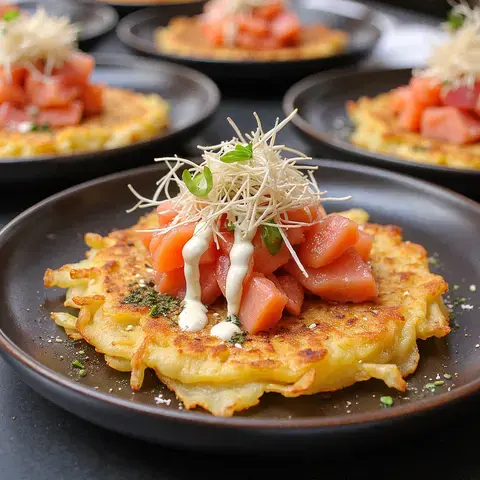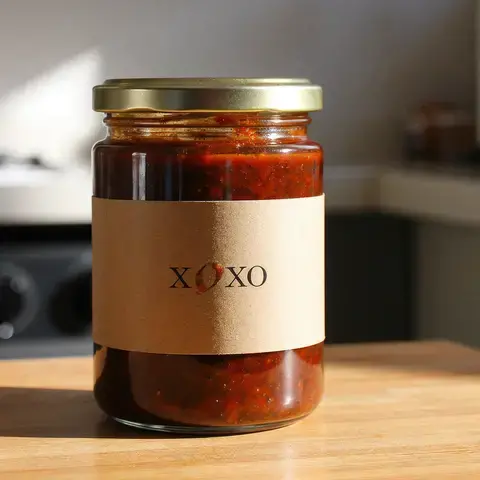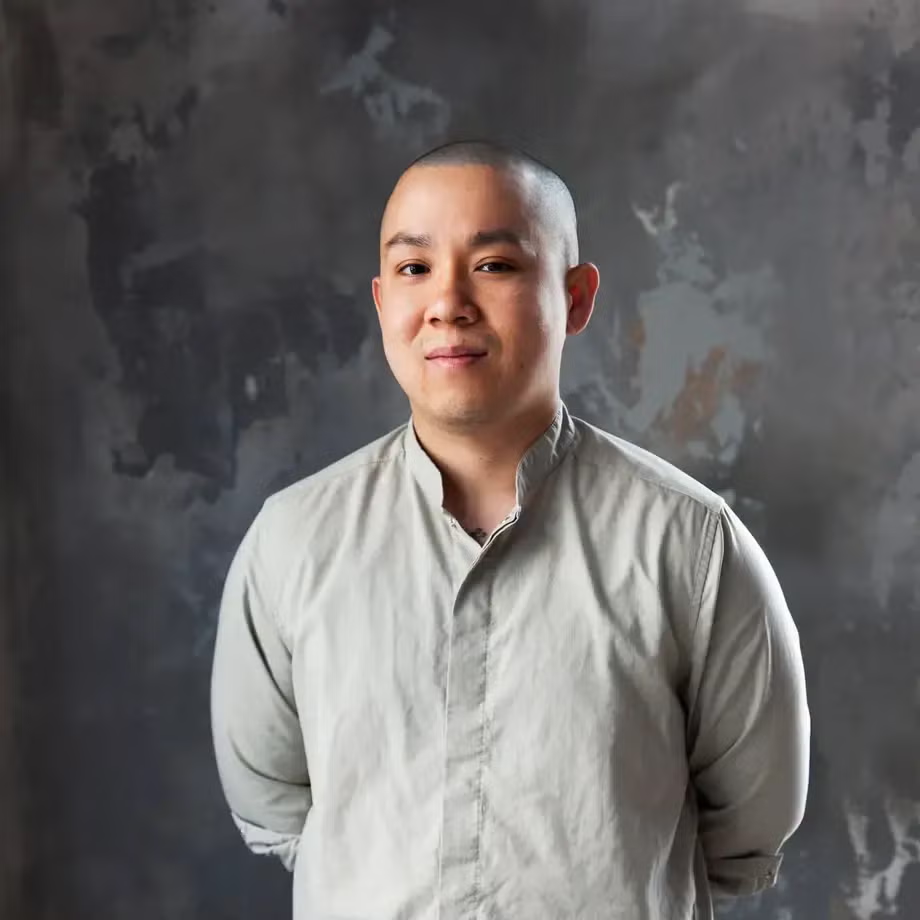
Photo: author’s own
Din Tai Fung New York: the verdict
I was apprehensive when making plans for lunch at the newest Din Tai Fung outpost in New York City’s Midtown. The New York Post just declared it was one of the city’s hardest reservations. I was convinced I’d never get a reservation or that I’d be relegated to an endless queue around the block. I was mercifully wrong, and never subjected to the indignity of waiting for dumplings while exposed to the elements. Even I, a longtime devotee of Din Tai Fung’s exquisite broth-filled dumplings, had underestimated the empire’s efficiency. A former coworker and I snagged a covetable 12:30pm reservation the day prior. There was even open availability. How could this be? I wondered. Despite the newest Din Tai Fung location boasting numbers that are difficult to compute by cramped New York restaurant standards, its mechanisms are as precise as their dumplings, pleated 18 times and cranked out by the thousand, passing through an assembly line of nimble fingers.
Opened in July of this year, New York’s Din Tai Fung is the chain’s largest and spans over 25,000 square feet with seating 450 diners. This is in a city where restaurant rent can be $120 per square foot and in tourist-heavy Midtown, up to $400 per square foot. It’s the first East Coast location and one of 181 worldwide. I thought it would never happen, and for years, made pilgrimages to Din Tai Fung’s locations on the West Coast, envying those who lived within driving distance of those tiny dumplings. It’s open seven days a week, from noon to 9:30pm, making over 10,000 dumplings a day, each of them weighing in at 21 grams.
Reservations are essential, as a sign that I nearly tripped over at its entrance announced, before I descended a glass box-encased elevator to a subterranean restaurant that seemed to take its design cues from Tao or Buddakan, Asian-inspired behemoths long familiar to Manhattanites. There’s even a mirrored cocktail bar embedded within the space with a cocktail menu (think lychee mojitos and yuzu margaritas) that recalls a vague Asian club scene from the past.
I had waited for Din Tai Fung’s New York opening with bated breath. We have perfectly serviceable xiao long baos in New York, reported naysayers, pointing to Chinatown’s stalwart Joe’s Shanghai and Nan Xiang Xiao Long Bao, which has three locations in the city and more in neighboring New Jersey, Connecticut, and Pennsylvania. Din Tai Fung’s xiao long baos are unlike those. Both Joe’s Shanghai and Nan Xiang’s put the bao (literally ‘bread’ or ‘bun’ in Mandarin) in xiao long bao—they’re doughier, thicker-skinned, and heftier than Din Tai Fung’s gossamer balloons, which attained perfection in Taiwan, where the chain is based. It’s important to remember that Din Tai Fung’s xiao long baos evolved separately from the Shanghainese versions in New York. The Yang family behind Din Tai Fung, has an origin story similar to my own family, who fled war in mainland China and escaped to Taiwan. Yang Bing-yi, the family’s patriarch, who passed away last year, brought a level of precision and well, tininess, to the dumpling’s technique that is unmatched. There is nothing ‘xiao’ or small about Joe’s Shanghai’s dumplings in comparison, where I once accidentally ordered three baskets (or ‘long’) for myself, thinking the dumplings would be similarly sized to Din Tai Fung’s.
My former coworker and I ordered a bamboo basket each of chicken xiao long bao and classic pork xiao long bao, as well as a thermos of tea, blanched green beans, and a spicy cucumber salad. The latter dishes are filler, but good filler. We’re here for the dumplings. The spicy cucumber salad was stacked in the chain’s familiar pyramid but was far less spicy than the versions I recall having in Taipei and Hong Kong. I was hoping to see the garlicky pea shoots I always get in Hong Kong on the New York menu, but the menu was smaller and more streamlined than its Asian counterparts overall.
I bathed each dumpling in black vinegar and soy sauce and carefully stacked slivers of fresh ginger upon their folds before nibbling a hole into a side and sucking out its juices. To put it plainly, the pork was better than the chicken. Neither version was as piping hot as others I’ve had from the chain (perhaps it takes longer for servers to run them around a 25,000-foot restaurant?). The meat was also less fatty and more loosely packed than the ones I first fell in love with, where sometimes you’ll get a marvelously oily pork nugget trying to escape its dumpling skin.
The New York version of the chicken xiao long bao was better, juicer, and more unguent than the version I had at the halal Din Tai Fung in Dubai at the Mall of the Emirates, where the xiao long bao contained no pork, and are all stuffed with chicken, crab, scallops, mutton, or some combination of these meats.
I’ve been a Din Tai Fung fanatic for the last 15 years, ever since a teaching fellowship brought me to Taipei, within spitting distance of the dumpling chain’s cramped, original location. There were just a handful of locations back then, mostly in Taiwan. I was so enamored by the improbably thin and elastic skins of their xiao long baos, barely encasing quivering, dangerously hot aspic like a delicious water balloon, that I used them to teach my students Greek grammar, subbing in “xiao long bao” for every time I introduced a new sentence structure that required a noun, and then for years afterward, I tracked Din Tai Fung openings the world over. My family made regular treks to the one in Causeway Bay Hong Kong (my hometown), accompanied by a grumpy uncle who spent every meal insisting that the Taiwanese original location was far superior and comparing the dumplings’ structural integrity to rival chain Crystal Jade’s (which are also very good).
Their style of service, though aligned with their reputation of famously nice, is also different from their Asian locations, where if you arrive clutching a purse, an attendant will seat you and bring you a cloth cover for the back of the seat which protects the purse hanging from the chair, should it be splashed with tea or be squirted by a dumpling. They also don’t churn tables as rapidly. In fact, even after swanning over with the check, our server assured us we could stay as long as we liked (and at 1:15pm, every table I could see was still occupied). Unheard of in Asia, but also, how could this be? Surely, they need to turn tables faster so that the next diners see open availability when they try to reserve?
The New York menu isn’t as robust as Din Tai Fung’s in Asia, where you’ll also see squash and shrimp xiao long bao, and even a sweet taro one for dessert, as well as many other dishes like sweet and sour fried chicken, spring rolls, pork chops, and fried rice, but it really scratches my Din Tai Fung itch. After all, you’re here for the xiao long bao.










